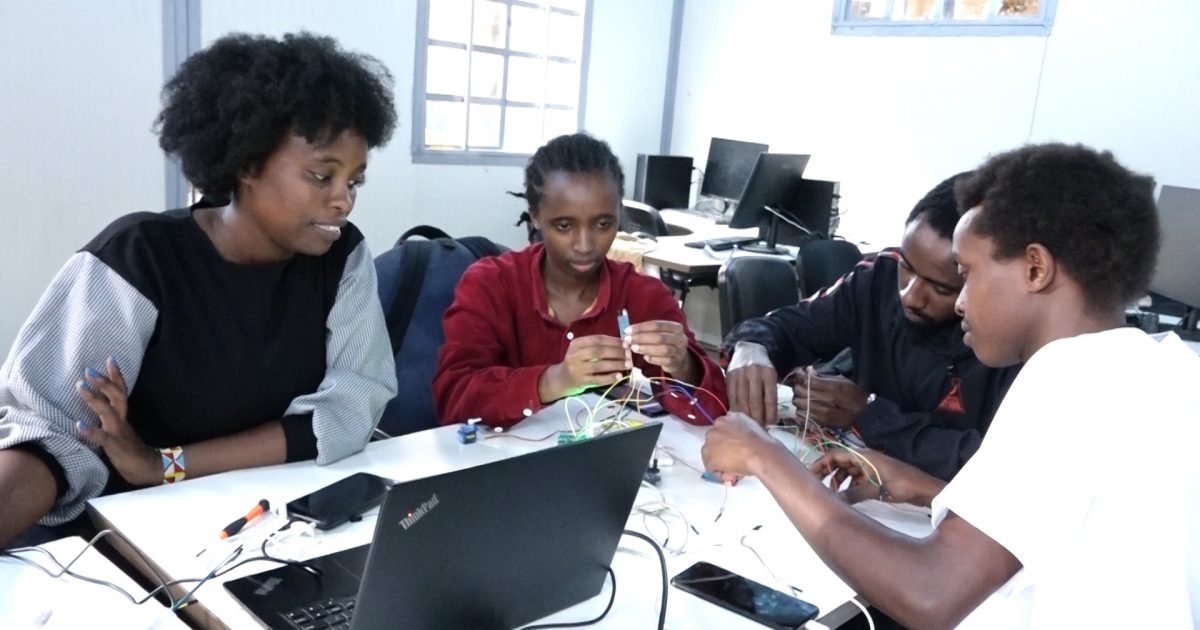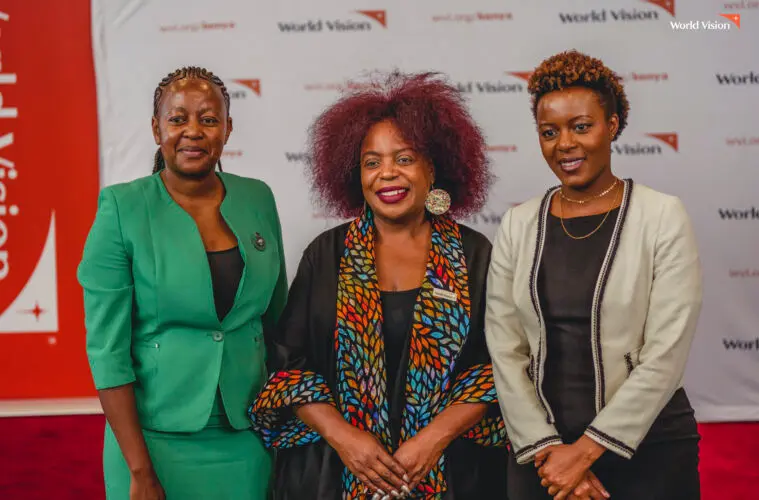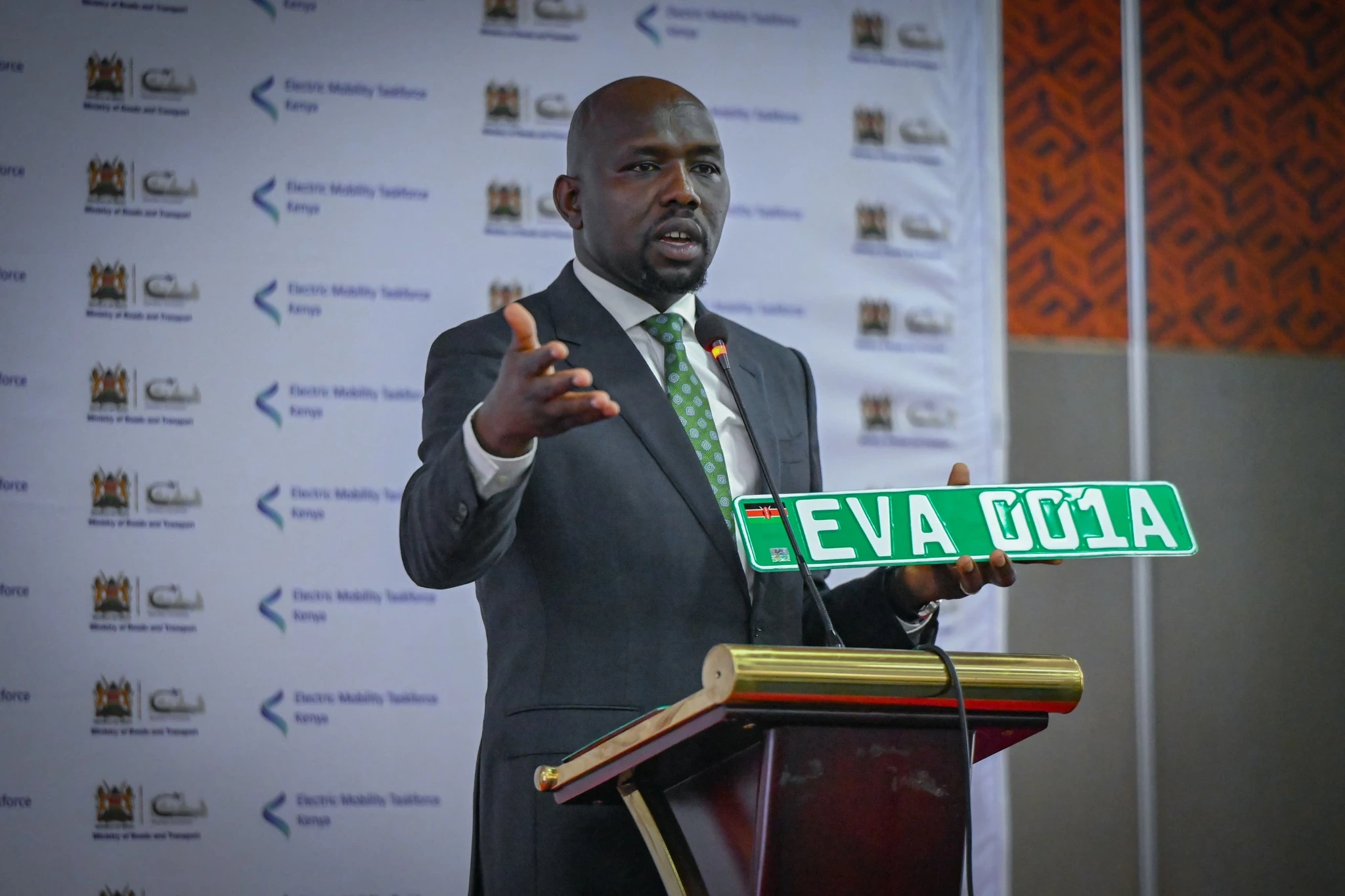
Nakuru Female University Students Reap Benefits of World Bank Scholarship in Tech
Seventy female students from Nakuru are beneficiaries of a KSh 10 million World Bank scholarship, meant for equipping them with necessary technical skills to drive digital innovations. This falls under Kenya Industry and Entrepreneurship Project-Strengthening Kenyan Innovation Ecosystem, KIEP-SKIES, funded by the Ministry of Trade and Investment, with a view to fast-tracking technological development in Africa.
STEM Education Now for Innovators
Target beneficiaries of the scholarship are students taking up science, technology, engineering, and mathematics subjects taught through practical learning that fosters creativity and problem-solving. "Through the scholarship program, female students get the opportunity to acquire skills in coding, 3D printing, robotics, among other technological processes that will ultimately position them for leadership in the technology world," said Mr. Patrick Mwai, Head of ICT at Rift Valley Institute of Business Studies.
He explained that it had to be a modern facility, equipped with coding platforms, laser-cutting tools, and robotics. "This is a space targeted for girl students with a maker mindset where they can come together and create something out of nothing and explore their own interests," he said.
Bridging the Gender Gap in Tech
The mission of the organization is not only to equip skills among young women, but also to help in bridging the gender gap in this male-dominated industry. The program trains students in areas of digital marketing, cybersecurity, and web design, among other fields normally dominated by males. This would better ensure that female students are targeted as a means through which an inclusive technology ecosystem in Kenya will be created.
Hands-on Learning
The special classroom at RVIBS integrates lessons in STEM with ICT to bring the following into student repertoire: creative coding, physical computing, and even incubating viable ideas in the subject area. Robotics has turned learning into a gamut of fun by engaging students in assembling and programming of robots for setting up and accomplishing many tasks. This pragmatic approach provokes scientific reasoning, critical thinking, and innovation—skills often left underdeveloped by mainstream theoretical models of education.
Mwai said that the hands-on way of teaching makes young learners approach problems logically and fosters critical thinking. "The use of robots makes young learners work in logical and effective ways that foster scientific reasoning and critical thinking, which may not be guaranteed in theoretical learning," he explained.
Preparing for Kenya's Silicon Valley Dream
What Kenya is trying to do is create its version of Silicon Valley, and such programs will help ensure that the country gets the right kind of talent to drive such a dream. Mwai accentuated the fact that incubation of young innovators was critical in moving the country forward competitively in the tech industry, more so in pursuit of creating industrial parks and tech hubs.
The special classroom further incorporates VEX 123, a collaborative interactive robot making the concept of coding easy even for younger first-time learners. In this way, it means that whatever level of understanding, it is easy for any student to participate in this digital revolution.
Critical Role of Coding in Digital Economy
Coding has been recognized as one of the core competencies in the digital economy. According to Mr. Martin Mungai, National Trainer in charge of Coding at Centre for Mathematics, Science and Technology Education in Africa, CEMASTEA, coding enables workers to join the digital economy and make inventions of virtual jobs.
Mungai also stated that learning how to code helps students think differently, be more creative, and collaborate well with others. "Mastery of coding will help learners to think differently, be more creative, grasp mathematics easily, and be collaborative. It will accord them valuable life skills and prepare them for work," he said.
He said that coding introduces them to various fields that include Virtual Reality, Machine Learning, and Artificial Intelligence, among other technologies currently changing the world's perspective on industries.
Student Success Stories
Nineteen-year-old Ivy Barasa, one of the beneficiaries of the program, shared how much the scholarship has upgraded her skills. She said that as much as she has gained immensely from technical learning, she has also learnt important life skills like communication, teamwork, tolerance, and time management.
Barasa said that through coding and robotics, students now find science fun and engaging since it involves learning through activities that are both fun and practical. "I have now learnt that computers are not just machines, but rather a portal to innovation, problem-solving, critical thinking, and collaboration," she said.
She added that the country needs more innovation-based projects that enhance creativity and critical thinking skills rather than an emphasis on academic grades alone.
Robotics and STEM in Kenya's Competency-Based Curriculum
Kenya Institute of Curriculum Development has approved coding as a critical competency in Competency-Based Curriculum. Barasa praised this move, adding that robotics and coding were currently helping other sectors in the country such as health, agriculture, and manufacturing.
With Kenya's more focused bent on automation, engineering, and robotics, the need for the next generation to possess coding and technological skills will be all the more important. "The world is moving away from computers to automation, engineering and robotics. People want to automate systems without having to be there," said Barasa.


